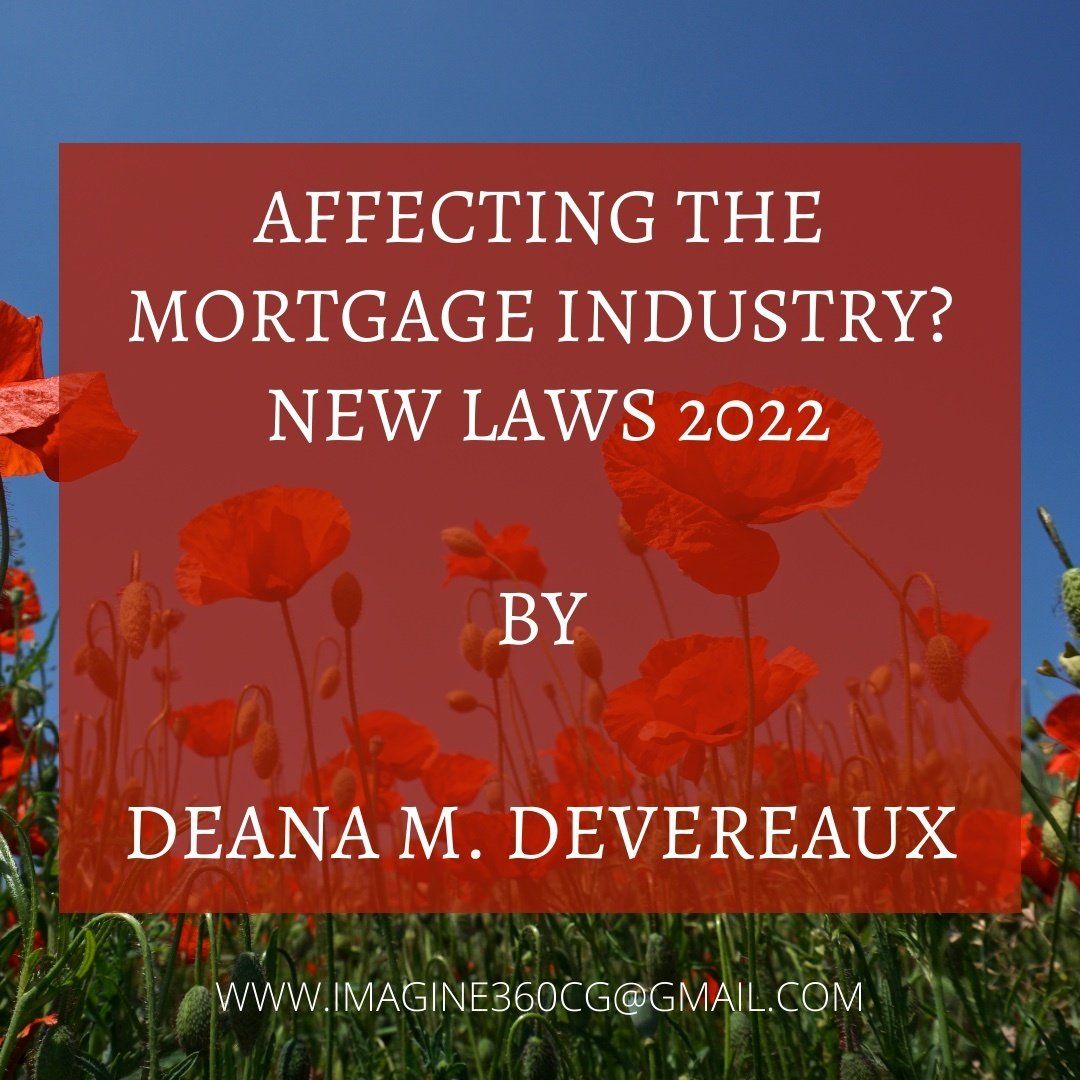NEW CONFORMING LOAN LIMITS
What is a conforming loan?
A conforming loan is a standard home loan with certain conditions and criteria that make it eligible for backing by the federal government’s Fannie mae and Freddie mac programs. These loans are less risky for lenders because the federal government buys them on the secondary mortgage market, and packages them into securities to sell to investors.

Say what? Secondary mortgage market?
That’s a thing! After your lender processes a loan, typically the loan is sold to another company.
Sometimes, the mortgage company that originated your loan will stay your servicer. That means the company that you pay your monthly payment too is the same person who originator your loan. Other times, a company will buy the right to service your loan or will buy your loan as a security. If your servicer changes, you’ll receive all the information in the mail!
Anyways, back to the main point. Conforming loans are less risky because they are bought from your lender by the federal government. A conforming loan signals to the market that you, and your loan, are a very safe investment because of Fannie Mae and Freddie Mac’s intense underwriting procedures and stringent criteria to qualify for this type of loan.
When a loan meets the stringent requirements set out by the federal agencies, it is a conforming loan and will be purchased from your lender by the federal government on the secondary mortgage market.
When the federal government packages the loan and sells it as a security to investors, they guarantee to investors they the federal government will cover the investment if you default on your mortgage. This assuredness to securities investors has benefits for home buyers that we’ll discuss a little later.
What are the main criteria to qualify for a conforming loan?
That’s a great question. A lender can work with you to determine if you fit in the criteria to qualify for a conforming loan. Some of the main criteria used to classify a borrower’s loan as a conforming loan is:
● Credit score - usually above 740
● Debt to Income ratio - 45% or lower
● Home price, and - a whopping $970,800!
● Down payment amount - at least 20% down
These criteria are set by Fannie Mae and Freddie Mac. When you work with a lender they can help you determine if you qualify for a conforming loan.
What are the benefits of a conforming loan?
We said previously that the federal governments assuredness in your loan passes on benefits to home buyers, and we weren’t kidding. The biggest benefit of a conforming loan is it’s low interest rates. Low interest rates equal lower monthly payments!

So, what’s the big deal?
The big deal is that before, the home price for a conforming loan couldn’t exceed $548,250. As we’ve seen over the past year, home prices have continued the rise. Many borrowers in larger markets could not qualify for conforming loans if their purchase price exceed $548,250. 2022’s conforming loan limit is a 18 percent increase from 2021.
That’s a ton more buying power for qualified buyers! In more expensive areas like California, New York, Hawaii, and Washington DC the conforming loan limit is $970,800. A serious increase from $822,375.
All in all, the conforming loan limit for your area may be different. It is best to check with your lender on what the conforming loan limit for your area is.
Contact us today with any conforming loan questions.
Our team is poised and ready to assist you with all your conforming loan questions. We work hard to make sure all your questions are answered in a thoughtful and timely manner. We can’t wait to solve all your lending needs in the new year. Even if you are just thinking about the home buying process, getting your loan terms in order is the first step! Contact us today and we’ll get you squared away before the new year.
CHECK OUT SOME OF OUR RECENT BLOG POSTS



